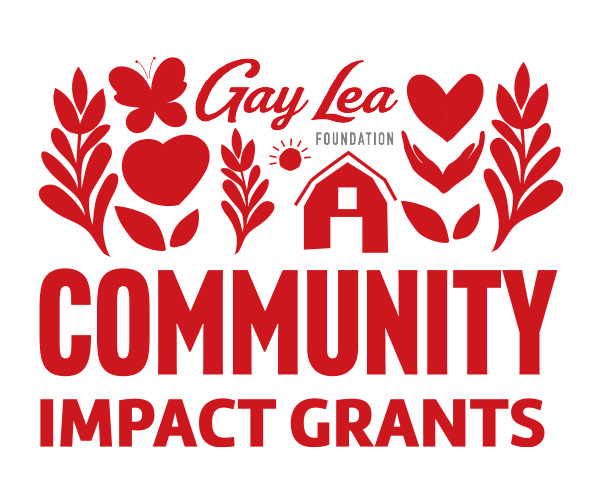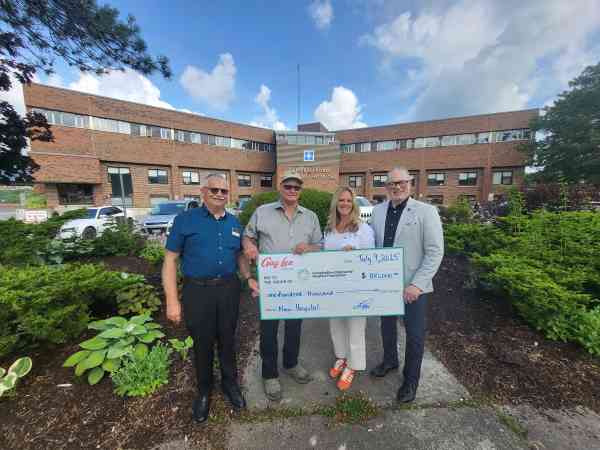Aug 19, 2021
Founded in 2016 by Wilfrid Laurier University (WLU) Associate Professor and Faculty of Education member Dr. Steve Sider, the Educator and Leadership Institute (ELI) is a unique teacher education program designed to impact student learning outcomes in countries around the world where accredited teaching programs are scarce. Coordinated with administrative support from Laurier’s new Centre for Leading Research in Education (CLRiE), the program traditionally sees educators from Ontario (including WLU students and faculty) travel to “partner” countries to deliver in-person, week-long professional training “institutes” for teachers and principals. ELI courses and workshops in science, math, critical literacy, early learning, special education, and school leadership are supplemented each day by practice-driven teaching practicums, as well as peer-to-peer run programming that encourages females to pursue careers in science, technology, engineering, and mathematics (STEM). “Our first ELI was launched in northern Haiti in August 2016 as a concentrated summer learning institute for Haitian educators,” says Dr. Sider. “Since then, we have been able to provide professional development opportunities to more than 1,000 Haitian teachers, as well as create a cache of online resources to support and extend learning beyond the summer institutes.” In 2019, a $25,000 grant from the Gay Lea Foundation enabled the delivery of specialized school leadership training for 25 Haitian “lead instructors” who have since taken on increased responsibility for ELI-Haiti, using the resources provided to them to train more teachers and principles. In this way, ELI continues to support educators in Haiti and act as a sustainable catalyst for future capacity-building. With the success of ELI-Haiti, WLU’s Faculty of Education began looking at ways to expand the program model to communities in other areas of the world. Aspirations were high in the fall of 2019 when the Gay Lea Foundation approved a second $25,000 grant to support a learning institute for educators in Nepal the following spring (view a short video about the launch of ELI-Nepal here). Shortly afterward, of course, COVID-19 made in-person training all but impossible. “Planned face-to-face ELI teacher training involving Canadian educators in Haiti, Nepal, and Egypt was immediately put on hold in March 2020,” says Dr. Sider. “We had to find another way to provide support and build relationships with educational organizations around the globe.” Using video-conferencing technology, pre-recorded instructional videos, and learning management systems, Sider and his team were able to provide training to core groups of educators in Nepal and Egypt between August and October 2020, as well as video-conferencing instruction for Haitian lead instructors. They also made the decision to use the funds from the Gay Lea Foundation to develop critical new online ELI resources and supports to support professional learning for educators globally, building upon the electronic resources initially developed to support teachers in Haiti. “This August, with the funds from the Gay Lea Foundation and in-kind support from Kitchener, Ontario-based software company Desire2Learn (D2L), we were able to launch online educator courses in science, math, leadership and special education,” says Dr. Sider. By taking steps to ensure the online curriculum and teaching resources are available in both English and French – and meet all international educational standards – the team also helped ensure the material is accessible and adaptable to country-specific curricular guidelines around the globe. “Ironically, because of COVID, the investment from the Gay Lea Foundation didn’t just help teachers in Nepal; it now has the potential to empower teachers and make a significant and enduring impact on children all over the world,” says Dr. Sider. “Just last week, we hosted an introductory training session with a new group of teachers in the Somali Region of Ethiopia, who now have access to the online courses,” he continues. “We will be forever grateful to the Gay Lea Foundation for its support of this important breakthrough for the ELI program”. To learn more about ELI and WLU’s work to engage educators in Haiti, Nepal, Kenya, Zambia, Ethiopia, and Ghana, please visit elicollaboration.org.

Nov 3, 2025
Gay Lea Foods Co-operative Limited (“Gay Lea Foods”) today announced it has received the PRISM Certified designation from Imagine Canada, recognizing the Canadian dairy co-operative’s commitment to...

Oct 21, 2025
As co-operatives recognize Co-op Week and the United Nations’ International Year of Co-operatives, the Gay Lea Foundation is proud to announce the recipients of its fall 2025 charitable grants.

Jun 2, 2025
Spring 2025 grants announced to support health, agriculture, and community well-being projects across Canada and internationally

Feb 12, 2025
The Gay Lea Foundation today announced applications are now open for its Community Impact Grants program, supporting initiatives in education, health, wellness, poverty relief and sustainable agriculture...